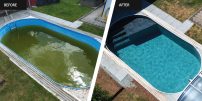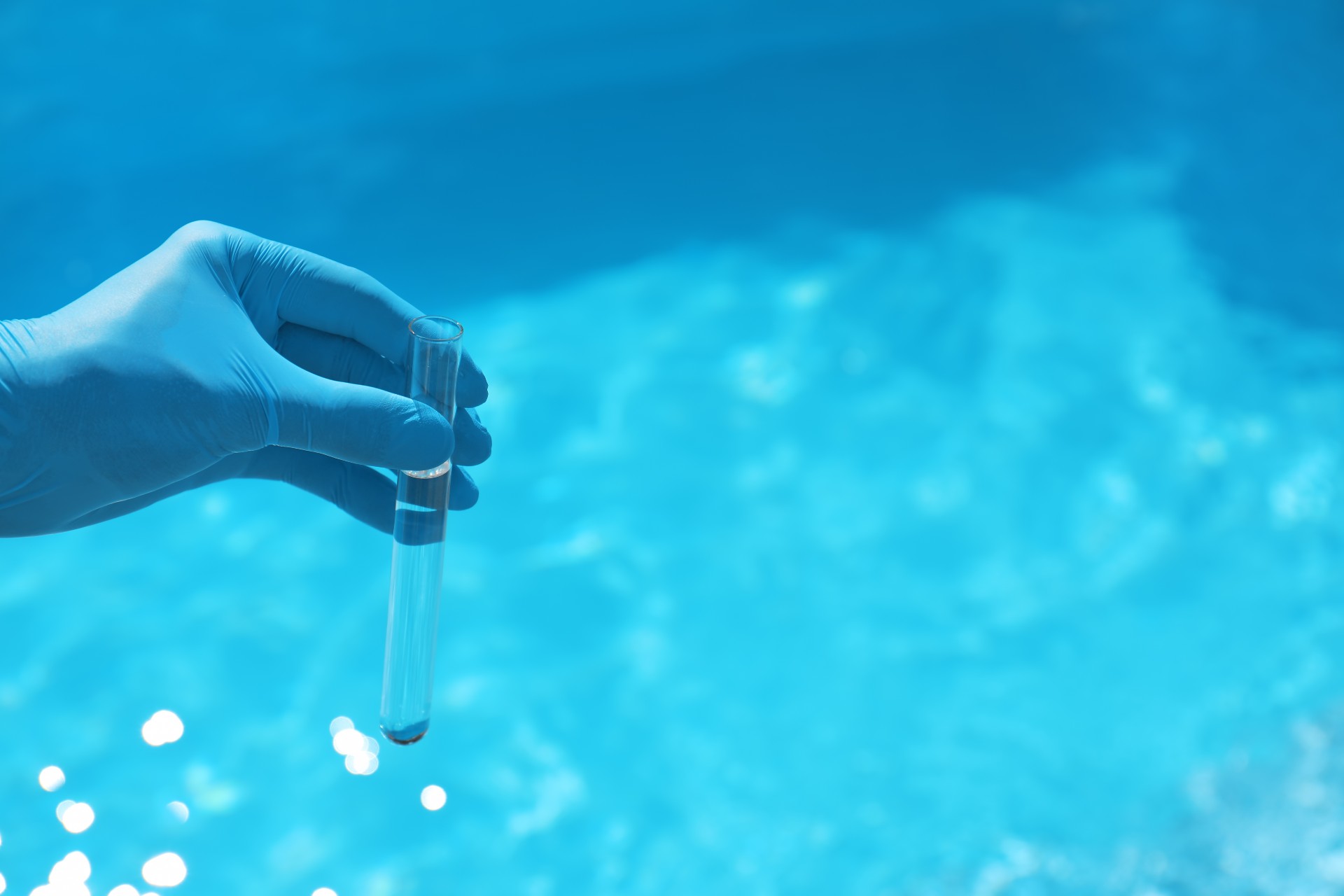Florida legislator has introduced a pool safety bill that could require every pool in the state be fitted with a suction entrapment prevention system.
SB 1580, introduced this month by Sen. Nan H. Rich is winding its way through the committee process. It largely mirrors the Virginia Graeme Baker Pool and Spa Safety Act, which President George W. Bush signed into law in December. But there are differences that trouble the Florida Swimming Pool Association.
The federal safety law requires that anti-entrapment systems be installed on pools “constructed without a single main drain.” Though unclear, that language is thought by many in the industry to consider pools built with dual main drains to be exempt. Rich’s bill does not note such an exception. Instead, it refers in Section 4 to pools that have an “unblockable drain” as being free from the proposed mandate.
“Section 4 of the bill is inconsistent with the federal act and ANSI-7,” said Jennifer Hatfield, FSPA’s director of government and public affairs. “We’re working with the senator and looking forward to moving the bill forward with an eye toward consistency with the federal law.”
That work seems to be paying off. Rich told Pool & Spa News that she is inclined to amend her bill to exempt pools with dual main drains from the mandate.
“California doesn’t mandate that dual drain pools have an SVRS, and from what I can find out, they have not had drowning deaths as a result,” Rich said. “If I don’t have definitive information to show that having an SVRS on a dual drain is really going to make a difference, then I don’t see the reason for including that.”
Rich said her goal is to have her bill match the federal legislation, but even achieving that could be problematic.
The Virginia Graeme Baker Pool and Spa Safety Act leaves enforcement and interpretation decisions to the Consumer Product Safety Commission. The CPSC has yet to rule definitively on whether dual main drains are exempt from the new regulations, but the group has said it will decide the matter soon.
The Pool Safety Consortium, a group of safety-product manufacturers, is among those lobbying Sen. Rich to keep the bill in its current form.
“The federal bill does and will require the third layer of protection, even on dual main drains,” said Paul Pennington, a member of the consortium and president of Vac-Alert, a leading manufacturer of SVRS devices based in Fort Pierce, Fla.
SB 1580, if passed and signed into law, would affect new pool construction starting July 1, 2009. But Rich made clear her bill would apply retroactively, requiring Florida homeowners to retrofit their existing pools with devices the state deems acceptable protection against suction entrapment tragedies.
“This is about safety for children,” Rich said. “If you grandfather in all the existing pools, what have you done? Nothing. People are just going to have to do it.”
The Florida Department of Health estimated in 2006 that there are 1.1 million backyard pools in the Sunshine State. The idea of retrofitting every pool in the state with suction entrapment safety devices is “a logistical disaster,” according to an industry insider in Florida.
This session of the Florida legislature will end on May 2, meaning Rich’s bill must pass by then or else the effort will have to begin anew next year.



